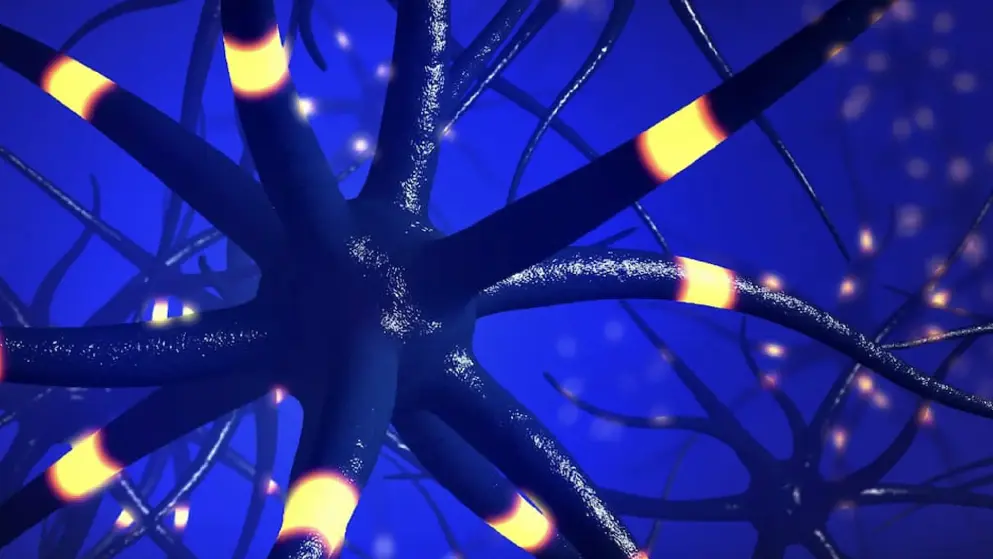
New data presented at ECTRIMS show evobrutinib is first BTK inhibitor to demonstrate a significant reduction in slowly expanding lesions (SEL) in patients with relapsing multiple sclerosis.
SELs are chronic, active, demyelinated multiple sclerosis (MS) lesions, which are thought to be an early indicator of disease progression in MS. These data were presented at the 37th Congress of the European Committee for Treatment and Research in Multiple Sclerosis (ECTRIMS) days after the completion of enrolment into the Phase III EVOLUTION RMS program, in which evobrutinib is being investigated, was announced.
“The presented analysis is the first to show a BTK inhibitor significantly reducing SEL volume in patients with relapsing MS, providing further evidence to support the mechanism of action of evobrutinib in the treatment of RMS and underscoring the molecule’s potential impact on neurodegeneration and disease progression,” said Dr. Xavier Montalban, Chairman & Director Neurology-Neuroimmunology Department & Neurorehabilitation Unit, Multiple Sclerosis Centre of Catalonia (Cemcat), Vall d'Hebron University Hospital, Barcelona, Spain.
The analysis from the Phase II study evaluated the effect of evobrutinib treatment on SEL volume from baseline to Week 48. Evobrutinib reduced SEL volume compared to placebo in a dose-dependent manner with the highest effect with 75 mg twice daily (p=0.047). In a subgroup analysis, the effect of evobrutinib on SEL volume was also especially apparent in patients with more advanced disease. SELs are a potential result of accumulating neuronal damage, especially axonal loss, and occur independently of acute inflammation associated with Gd+ lesions. These results, combined with the reduction in Gd+ lesions reported previously, suggest that evobrutinib reduces both acute and chronic neuroinflammation that together lead to worsening disability.
In addition to SEL volume measurement, assessing blood neurofilament light chain (NfL) levels is another emerging method to evaluate MS disease progression. Previously shared data showed that evobrutinib significantly lowers blood NfL levels as early as week 12, with levels remaining reduced at the last analyses time point at 24 weeks. New data from a second ECTRIMS oral presentation of a post-hoc analysis of the Phase II trial demonstrated that high levels of NfL at baseline were predictive of increased relapse and magnetic resonance imaging (MRI) lesion activity. Evobrutinib 75mg once daily or twice daily reduced MRI and relapse outcomes versus placebo or evobrutinib 25mg once daily over 24 weeks, even in more advanced MS subjects with high baseline NfL levels. These initial findings across NfL data combined with SEL data continue to show evobrutinib’s potential benefit in disease progression.
The most extensive integrated safety dataset of a BTK inhibitor in autoimmune diseases was also presented. The analysis, which utilized pooled data from three Phase II trials across systemic lupus erythematosus, rheumatoid arthritis and RMS from 1083 patients, included different doses of 25mg or 75mg once daily, or 50mg or 75mg twice daily. Evobrutinib was generally well tolerated with similar rates of adverse events between evobrutinib and placebo by indication and across trials. The most common adverse events reported were urinary tract infections (9.5% versus 8.5% placebo), nasopharyngitis (7.3% versus 5.5% placebo), diarrhea (6.2% versus 4.8% placebo) and alanine aminotransferase (ALT) increase (2.9% versus 1.5% placebo). Liver transminase elevations were asymptomatic and reversible upon treatment discontinuation.
“New treatments are needed that target chronic neuroinflammation early in RMS to effectively prevent progression and accumulation of disability,” said Danny Bar-Zohar, MD, Global Head of Development for the Healthcare business of Merck. “Evobrutinib’s first of its kind BTKi data on both SEL and NfL, which are thought to predict disease progression, further substantiate our belief in evobrutinib’s potential as a best-in-class treatment for people living with relapsing MS.”

